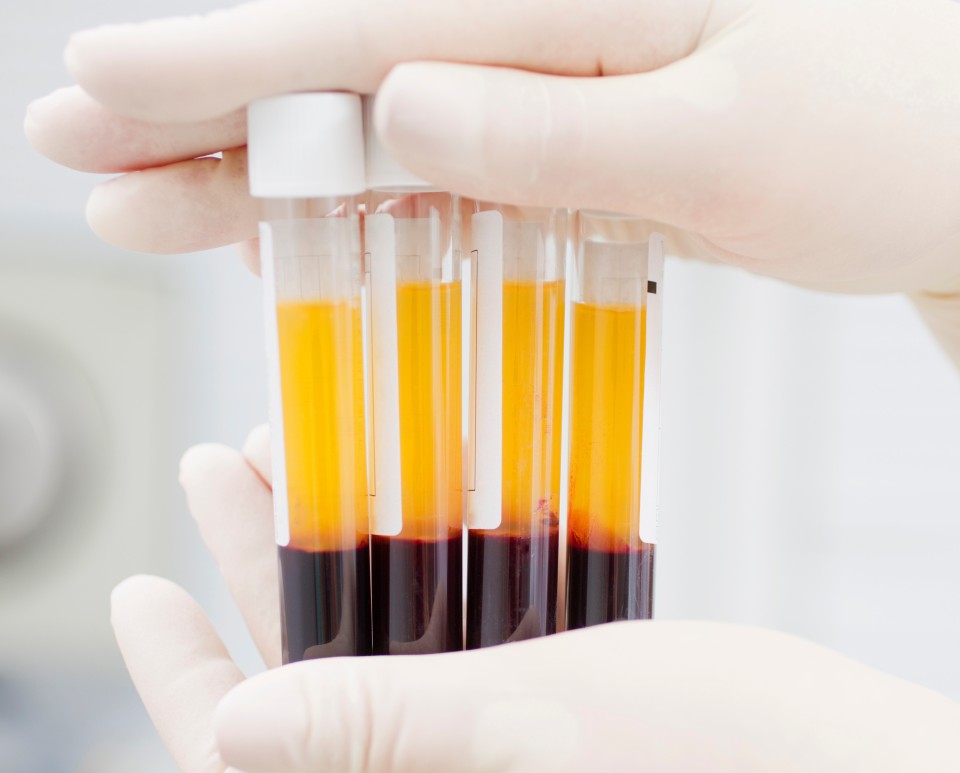EHA in EU-funded project on voluntary plasma collection capacity in Europe

EHA to participate in an EU-funded project on “Strengthening voluntary non-remunerated plasma collection capacity in Europe” (SUPPLY)
Context: Plasma shortage
Plasma-derived medicinal products (PDMPs) are used to treat a variety of rare, chronic, and potentially life-threatening conditions including immune deficiencies, immune-mediated peripheral neuropathies, hereditary angioedema, and hemophilia among other bleeding disorders.
Europe faces a shortage of PDMPs, particularly immunoglobulins. Non-profit blood establishments relying on voluntary non-remunerated donors conduct a substantial part of plasma collection in the EU. However, these organizations cannot meet the demand of the European population. As a consequence, Europe is relying heavily on plasma imports from the United Stated which is responsible for 60% of the global plasma supply-chain. However, the US is facing its own plasma and blood shortage and the American Red Cross foresees a shortage of plasma for the creation of PDMPs.
Thanks to active advocacy by patient organizations, blood establishments and medical societies including EHA, the European Commission has recognized the need to tackle plasma shortages and build a stronger European plasma supply chain.
The SUPPLY project
As part of the EU4Health program, the European Commission awarded funding to a project composed of diverse stakeholders led by the European Blood Alliance (EBA), national blood establishments, European Universities, and the European Hematology Association (EHA). The “Strengthening voluntary non-remunerated plasma collection capacity in Europe” (SUPPLY) project will start on September 1, 2022 and last 18 months.
SUPPLY will:
- Evaluate current legal frameworks and policies on plasma collection in Europe;
- Assess current strategies to recruit and retain voluntary non-remunerated plasma donors.
- Deliver a set of recommendations on the appropriate use of PDMPs at baseline and its prioritization during crisis, under the leadership of EHA.
These outputs should help to drive an increase in public sector plasma collection in the EU, and improve the availability of plasma medicines for patients. This project will therefore contribute to the EU becoming more strategically independent in its need for plasma medicines.
In July, the European Commission published a proposal on standards of quality, safety for substances of human origin (SoHO) intended for human application. This new proposed EU regulation will set updated rules applying to plasma shortages, donation. Given the importance and scope of the upcoming regulation, it is crucial for SUPPLY to advise EU institutions on plasma shortages with sound expert input and evidence-based recommendations.
Conclusion
The COVID-19 pandemic has significantly tested the resilience of blood and transplant systems and has strongly reduced supply, availability, use, and access to these therapies. There is a need to improve resilience, ensure the continuity of supply, increase access, safety and quality of therapies, particularly in times of infectious disease outbreaks. Since plasma demand increases with the use of immunoglobulins, it is vital that its use is appropriate and prioritization is properly guided. Thanks to its multi-stakeholder consortium, blend of critical expertise, and timeframe SUPPLY is ideally placed to take the lessons from the COVID-19 pandemic and ensure a resilient supply-chain of PDMPs as a core component of the new European legislative framework on blood, tissues and cells.



 Back
Back